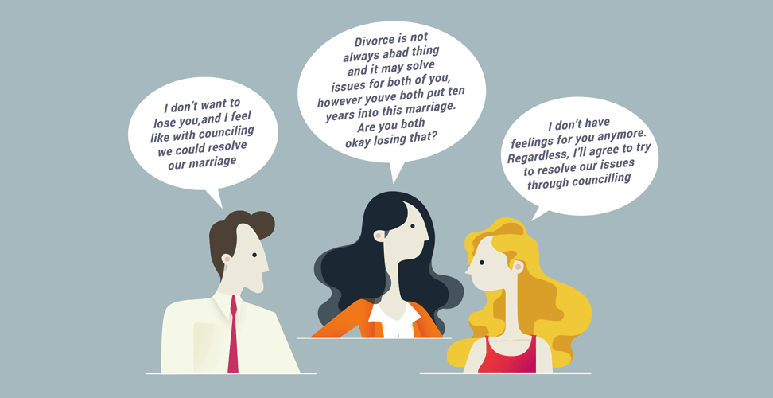What Mediation Looks Like?

What is mediation?
Mediation solves conflicts much more quickly and far less expensively than going to court and provides confidentiality that isn’t available in court. But what about the actual process – what does mediation actually look like? This article explains what kinds of cases are ideal for mediation and which are not, and provides an overview of the actual mediation process – what it looks like and how long it takes.
What kinds of cases are best suited for mediation?
Mediation cases are settled by a neutral third party helping the disputants find a mutually agreeable solution to their problem. Parties are not always represented by attorneys – they are placing their faith in a trained mediator to help them stay in control of the situation and forge a path to mutual agreement.
Most mediation cases are civil matters where no law enforcement or criminal charges are involved. As long as both parties agree to mediation, any civil case can be mediated. Some examples of cases eligible for mediation include:
Small claims disputes
Contract violations
Neighbor disputes
Landlord/tenant disputes
Divorce
Child custody and/or support
Family disputes
Business disputes
A few non-violent criminal cases, such as various forms of non-physical harassment, can also be mediated.
What kinds of cases are NOT appropriate for mediation?
Mediation is not appropriate for most criminal cases or situations where one or both parties are seeking to set a legal precedent. Because mediation focuses on finding a mutually agreeable compromise, it is also not recommended when one party expects a “jackpot” award or is seeking to “punish” the other party.
What happens in mediation?
Mediations are conducted in many different ways, depending on practice area, the mediator’s personal preferences, and the mediator’s judgment of the individual case and the parties involved. This example is a highly simplified version of one of many ways that a mediation can be conducted.
Introduction
The mediator introduces himself/herself to the parties, then time is spent going over the process and expectations of conduct. The disputants agree that everyone is present that is needed for decision-making and that they are there voluntarily and in good faith. This discussion provides the framework for the session and should set up an atmosphere of cooperative problem-solving.
Statements
Each party tells their side of the story without interruption; then, each has an opportunity to respond to the other party’s statement without interruption. (Some mediators choose to listen to the parties’ stories privately first.)
Identification of issues
After statements are finished the mediator identifies the issues at stake, making a list that both parties contribute to and feel is complete. This list of issues provides the agenda for the rest of the session.
Discussion
At this point, discussion commences. Oftentimes mediators first “caucus” with each party privately. This gives the disputant an opportunity to speak freely and the mediator an opportunity to better understand underlying interests and the feasibility of possible solutions.
Negotiation
After meeting privately with the disputants (or, occasionally, right after the initial statements) the mediator brings all parties together to begin negotiations. The list of identified issues is discussed one by one, guided by the mediator who now has an understanding of each issue, why it is important to each party, and where common ground might be found between them.
This is usually the longest and most difficult phase of mediation. The mediator must maintain a balance of power between the disputants and keep them talking calmly, even if the topic is very emotional. The mediator will remind the parties of the places where common ground can be found and guide them from there toward possible solutions that satisfy both parties’ underlying interests.
This step will include breaks and additional private caucuses when they are needed.
Agreement
When both parties feel that the items on the list of issues have been brought to agreeable solutions, an agreement is drawn up. The agreement very specifically states what action each party is to take for each issue, including deadlines. Each party reads the agreement thoroughly and signs it.
If an agreement is not reached (whether for some issues on the list or for all of them) the parties decide whether to schedule another mediation session or proceed to court.
How long does mediation take?
Many mediated cases are resolved in one or two sessions. When both parties are motivated and are willing to work together, a skilled mediator can help them find a resolution to their dispute very quickly.
If you are ready to find a competent mediator with experience mediating cases similar to yours, MediatorSelect offers:
An innovative case platform that allows you to search mediators and communicate suggestions to the other party with just a few clicks
Robust recommendations and testimonials feature telling you what previous clients have to say.
Introductory videos that give you a “feel” for each mediator in a way that a static profile picture simply can’t.


